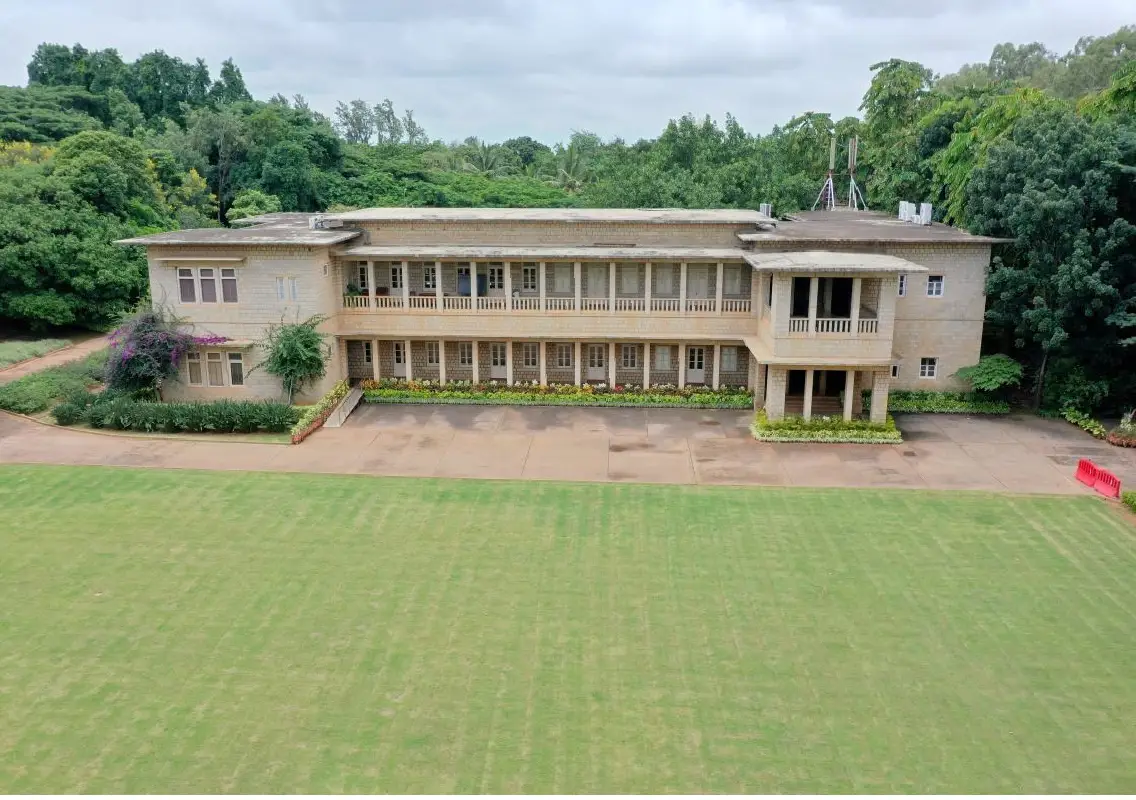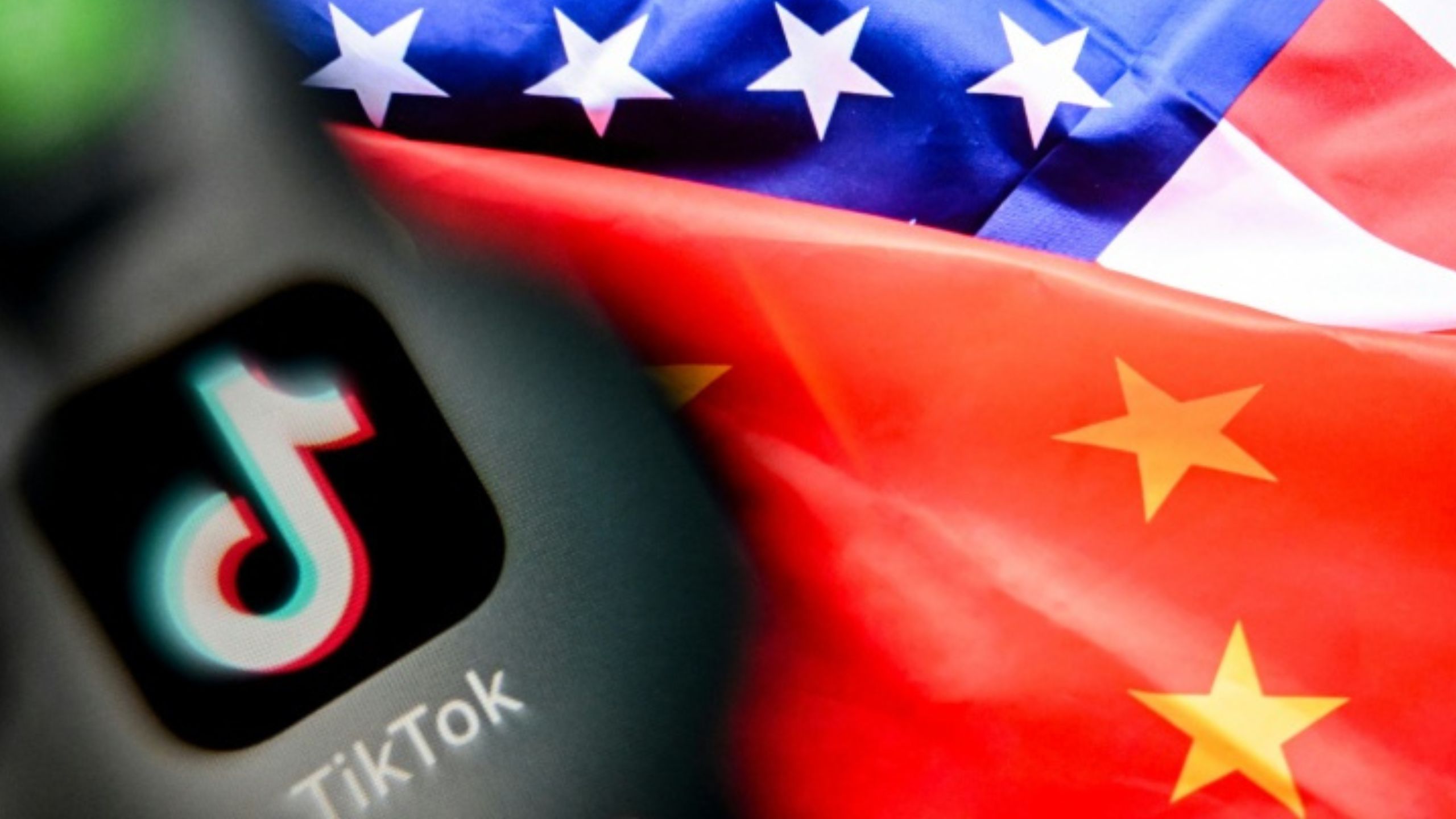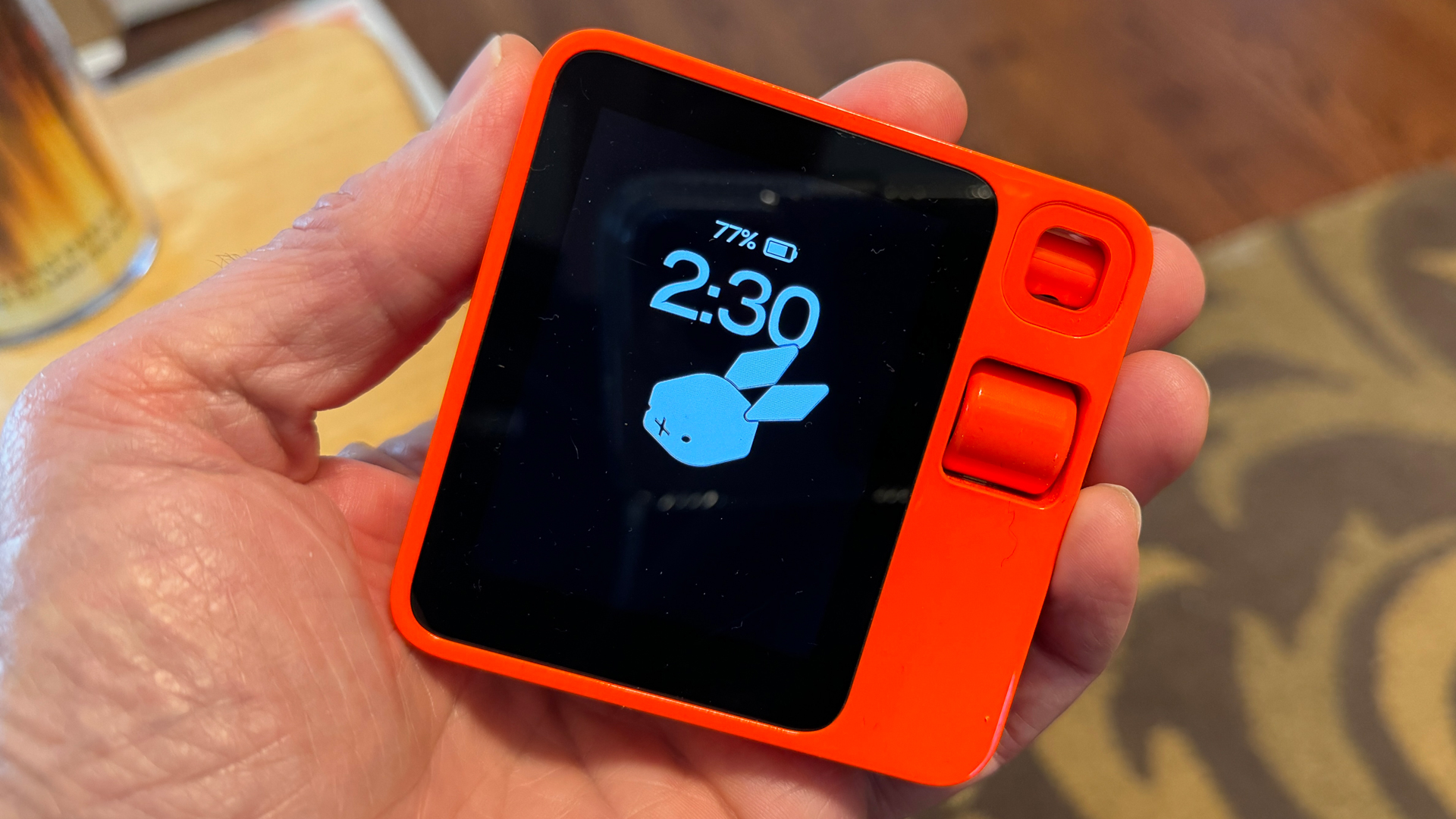By News Karnataka Editorial Team
Copyright newskarnataka

Bengaluru: A team of scientists led by Professor Urbasi Sinha, senior quantum physicist at the Raman Research Institute (RRI), has achieved a major milestone in quantum research by demonstrating a practical way to generate certified random numbers — a key step toward un-hackable digital security. The findings, published in the Frontiers in Quantum Science and Technology, showcase how randomness rooted in quantum mechanics can secure communication systems against hacking attempts.
Why randomness matters in digital security
Random numbers form the backbone of secure communication systems, from banking OTPs to end-to-end encryption in messaging platforms like WhatsApp. Classical computers, however, cannot generate true randomness — their outputs are based on predictable algorithms that, in theory, can be reverse-engineered by hackers.
This makes quantum randomness essential, as it arises from the unpredictable behaviour of quantum particles. Certified quantum randomness ensures that the numbers are not only random but also verifiable, adding a crucial layer of trust in secure communications.
From Bell’s inequality to Leggett-Garg inequality
Earlier approaches to certify quantum randomness relied on Bell’s inequality, which required spatial separation between two systems. While effective, these setups were complex, costly, and impractical outside specialised labs.
Professor Sinha’s team pioneered a simpler approach by shifting the focus to temporal correlations — using the Leggett-Garg inequality. Instead of requiring two widely separated systems, they worked with a single quantum particle evolving in time, dramatically simplifying the experimental setup while ensuring security.
“This can be achieved by a single quantum particle moving in time. Instead of Bell’s inequality, the certification is done by the Leggett-Garg inequality which captures temporal correlations,” Sinha explained.
A decade of pioneering work
The current breakthrough builds on years of research at RRI’s Quantum Information and Computing (QuIC) lab.
In 2022, the team closed loopholes in quantum mechanics by using single photons to prove that nature is fundamentally unpredictable, not governed by classical determinism.
Implications for global digital security
The ability to generate certified random numbers on commercially available quantum computers could transform digital security infrastructure worldwide. Device-independent certification ensures that the randomness is immune to tampering, hardware defects, or malicious manipulation.
“This provides not only a practical use case for currently available commercial quantum computers, but also a fundamental benchmark towards testing future such devices from India and beyond,” said Sinha, who was awarded the Shanti Swarup Bhatnagar Prize in 2024 for her pioneering work.
Collaboration and future outlook
The project was a joint effort involving researchers from RRI, the Indian Institute of Science (IISc), Bengaluru, and the University of Calgary, Canada. The team now plans to explore how these methods can be scaled to support quantum communication networks and quantum-safe encryption systems.
With India’s growing investments in quantum technologies, this research marks an important stride toward making un-hackable communication systems a reality, potentially benefiting defence, banking, and other critical sectors.



